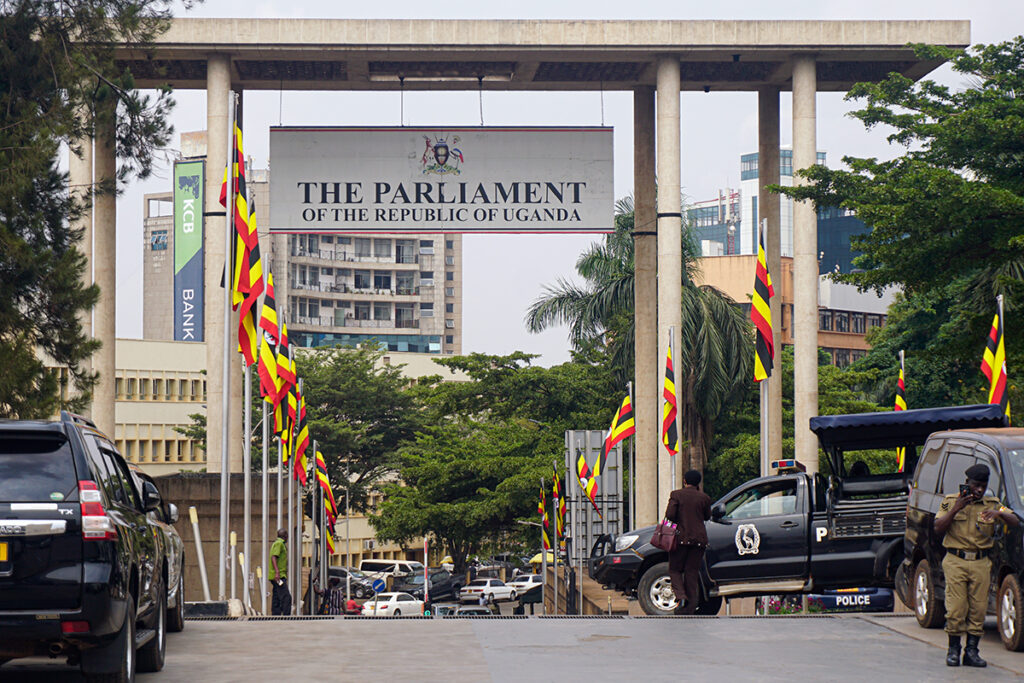By Maureen Namoma
In today’s fast-paced digital economy, two of Uganda’s most vital sectors, fuel and hospitality are quietly undergoing a significant transformation. While the shift may not be loud, its impact is powerful. At the heart of this change lies a simple truth: businesses that embrace digital tools not only streamline operations but also gain a sustainable edge in meeting the expectations of the modern Ugandan consumer.
The Shift We Can’t Afford to Ignore
Whether you’re a hotelier in Entebbe or a fuel dealer in Gulu, the demand for digital solutions is becoming urgent. From tech-savvy guests expecting cashless check-ins to fuel customers seeking faster service, the message is clear: convenience, accuracy, and transparency are no longer optional they are the standard.
On the regulatory front, initiatives like the Electronic Fiscal Receipting and Invoicing System (EFRIS) by the Uganda Revenue Authority (URA) are pushing businesses toward real-time tax compliance and automated reporting. The era of manual ledgers, delayed reconciliation, and paper receipts is quickly becoming obsolete.
Why Going Digital Matters
Digitisation is more than a tech upgrade, it’s a business survival strategy. At Pesapal, we’ve witnessed how businesses across Uganda are unlocking new value by integrating tools like the Forecourt Management Solution (FMS) for fuel stations and Reserveport for hospitality operators. Here’s what they gain:
- Total operational visibility:From fuel dispensing to front desk bookings, businesses can monitor all activity in real time, reducing the risk of fraud and inefficiencies.
- Streamlined reconciliation:Automated reporting eliminates human error, accelerates account balancing, and builds financial transparency.
- Regulatory readiness:FMS and Reserveport integrate with URA systems, simplifying tax compliance and reducing administrative burden.
- Enhanced customer experience:With support for multiple payment channels — including Visa, Mastercard, and mobile money platforms like MTN MoMo and Airtel Money — businesses meet customers where they are, increasing satisfaction and loyalty.
Fueling the Future of Forecourts
Uganda’s fuel sector processes millions of litres of petroleum products each day yet many stations still operate manually. This leaves room for leakages, stock mismanagement, and tax compliance challenges.
Pesapal’s FMS is addressing these pain points head-on. Through partnerships with innovative fuel brands like Textol, we’re rolling out end-to-end automation: from pump-level monitoring and digital invoicing to payment reconciliation all integrated with URA’s EFRIS system.
With FMS, station owners don’t just sell fuel they gain control, visibility, and peace of mind.
Empowering Uganda’s Hotels with Reserveport
For the hospitality industry, Reserveport is more than just a booking engine. It’s a competitive equalizer. By syncing room availability with online travel agencies (OTAs), offering direct bookings, and accepting instant payments, it helps hotels both large and small compete on a global scale.
As tourism rebounds post-pandemic, the modern traveler expects speed, flexibility, and digital convenience. Hotels that digitize their guest experience are more likely to attract repeat visitors and tap into international markets.
Final Word: The Digital Imperative
Uganda’s business environment is changing fast. What remians constant is our need to serve better, operate smarter, and grow sustainably.
At Pesapal, we remain committed to empowering businesses in fuel and hospitality across Uganda with the tools they need to not only survive but thrive in a digital-first era.
The writer is the Country Manager, Pesapal Uganda





















